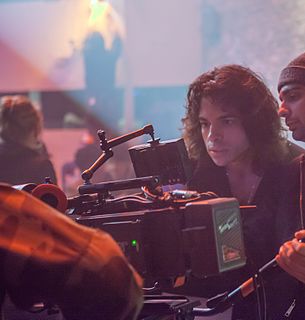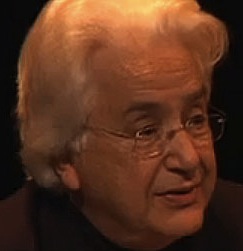A Quote by Sharon Gless
I think Shakespeare had a lot to contribute with his understanding of the human condition.
Quote Topics
Related Quotes
James Baldwin had an unrivaled understanding of politics and history and, above all, the human condition. His prose is laser sharp. His onslaught is massive and leaves no room for response. Every sentence is an immediate cocked grenade. You pick it up, then realize that it is too late. It just blows up in your face. And yet he still managed to stay human, tender, accessible.
I had been in a Shakespeare company for three years and done a lot of Shakespeare. That was fun. That was interesting. It was a lot of work - anything other than Shakespeare was less work. I had a lot of interesting roles, but I don't point to them and say, "That was more interesting than that," because I don't know what the criteria are.
The loss of the religious understanding of the human condition—that Man is a fallen creature for whom virtue is necessary but never fully attainable—is a loss, not a gain, in true sophistication. The secular substitute—the belief in the perfection of life on earth by the endless extension of a choice of pleasures—is not merely callow by comparison but much less realistic in its understanding of human nature.
The classic theology of my tradition comes from the French Renaissance. [William] Shakespeare was born in 1564, the year [John] Calvin died, and that theology was very influential in England in his lifetime. I think Shakespeare was attentive to questions raised by it, about human nature, history, reality itself. I find the two literatures to be mutually illuminating.



































